-
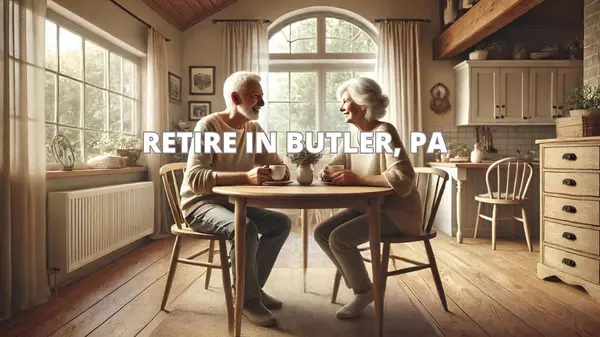
A Guide to Enjoying Your Golden Years in Butler, PA Butler, PA, is becoming an attractive option for retirees seeking a peaceful yet vibrant community. Its combination of affordability, access to amenities, and a welcoming atmosphere makes it a prime location for enjoying retirement years. With it
Read More Pros and Cons of Living in Butler, PA

Living in Butler, Pennsylvania, offers a unique blend of suburban life and small-town charm. Residents appreciate the city's convenient location and community feel, which can make it an appealing place for families and young professionals alike. However, potential newcomers should weigh both the b
Read More
Categories
Recent Posts

Pros and Cons of Living in Wexford, PA

Pros and Cons of Living in Erie, PA

Retire in Cranberry Township, PA
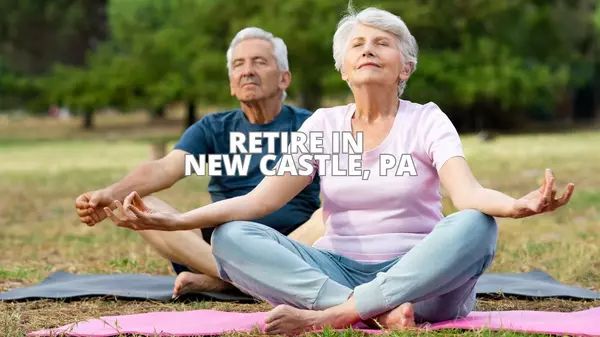
Retire in New Castle, PA
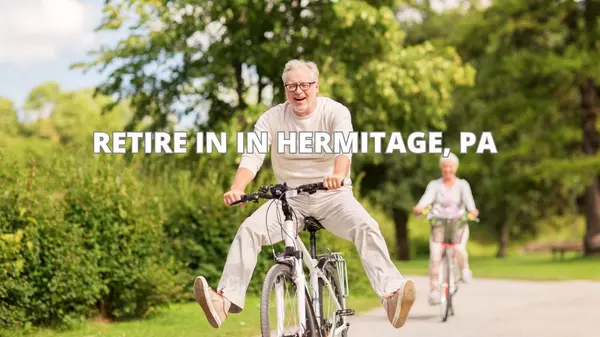
Retire in Hermitage, PA

Retire in Butler, PA
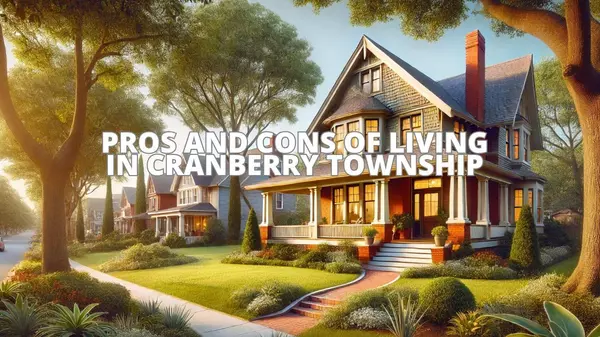
Pros and Cons of Living in Cranberry Township, PA

Pros and Cons of Living in New Castle, PA

Pros and Cons of Living in Butler, PA
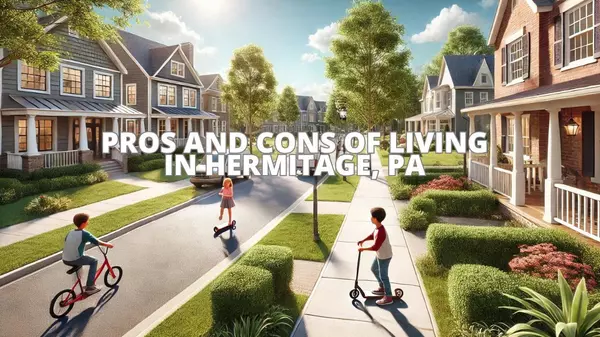
Pros and Cons of Living in Hermitage, PA

